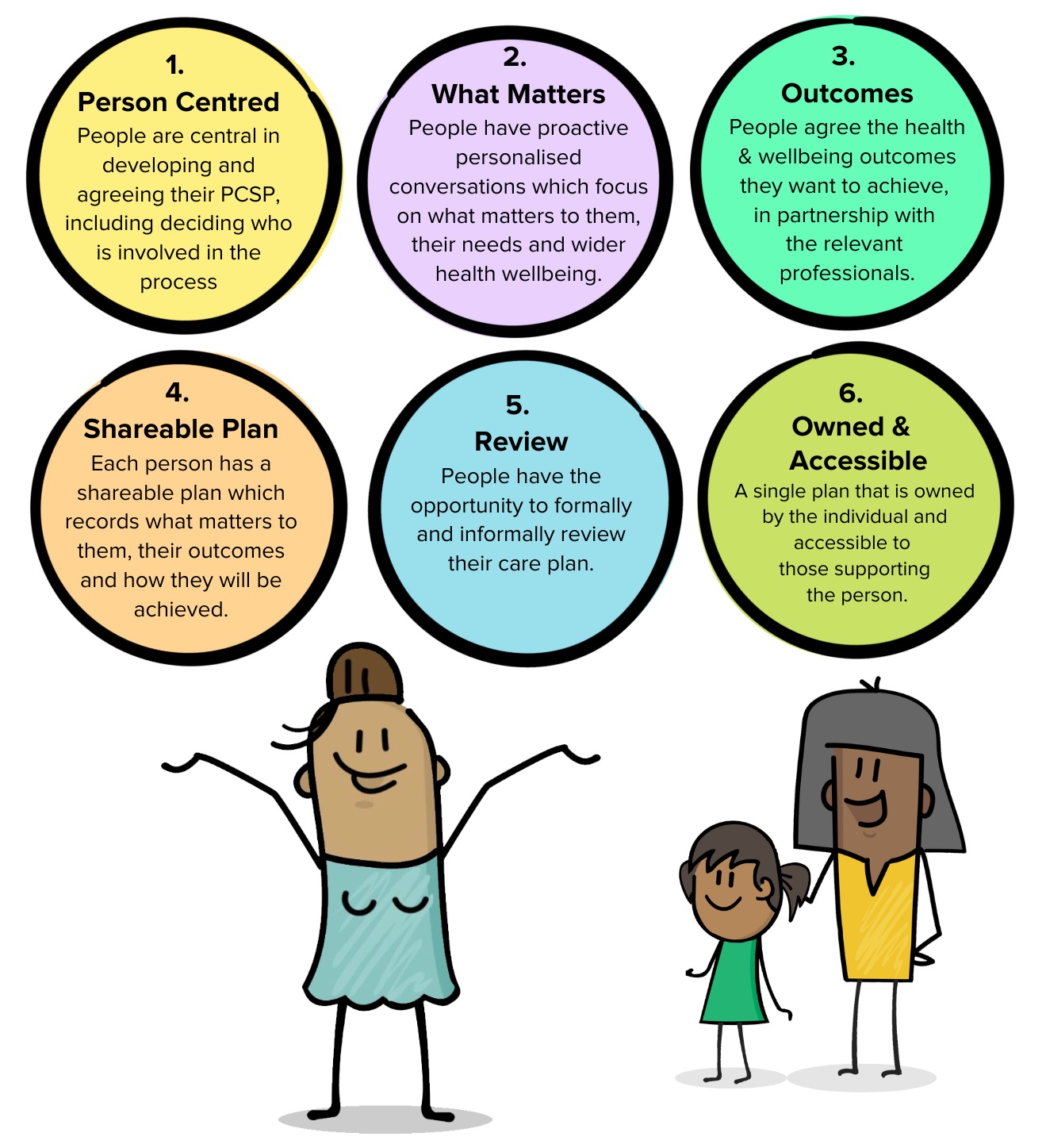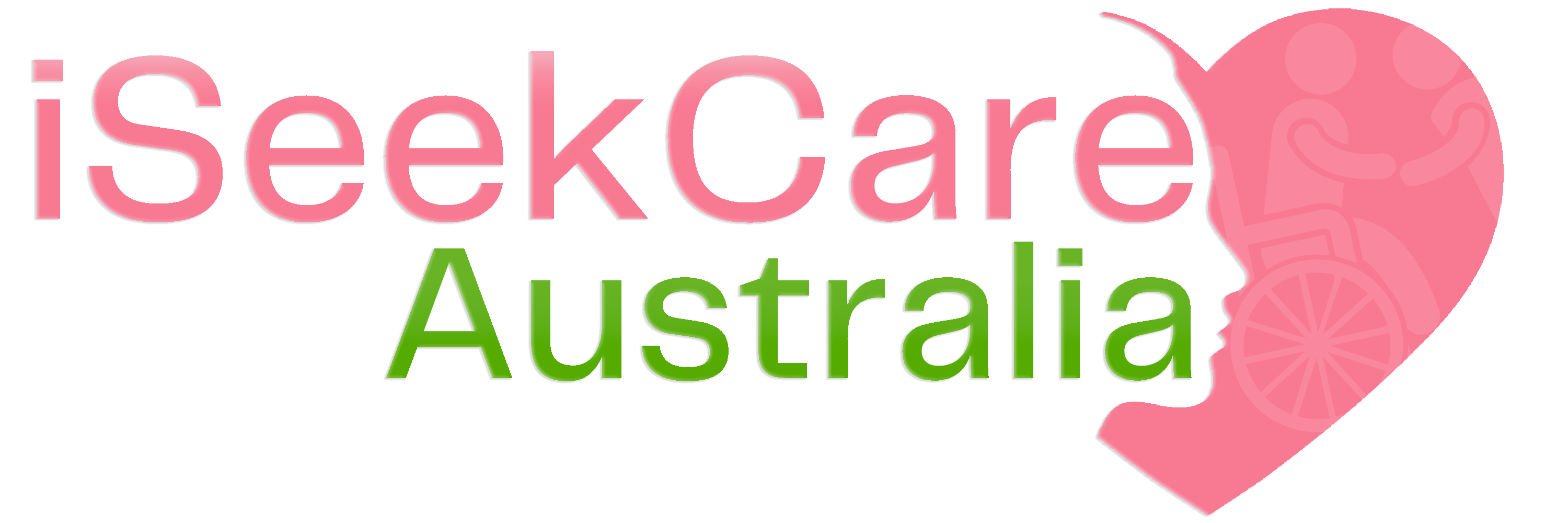The Power of Personalized Support Plans: Fostering Independence and Empowerment
The heart of any successful support service is the ability to offer personalized care for each participant. Tailored support plans have become increasingly important for empowering clients with diverse needs as they strive for independence. Many individuals who require support services struggle with feeling reduced control over their lives and are often treated without considering their unique circumstances. Personalized support plans are designed to address these obstacles by allowing participants to take an active role in creating their goals and plans. In this blog post, we will explore the many ways that personalized support plans can foster independence and empowerment for individuals of all abilities and backgrounds.

1. Building trust and confidence
Personalized support plans help foster trust and confidence between clients/participants and providers. By allowing participants to have control over their plans, they can take an active role in their services and contribute to the decision-making process. This approach creates a more collaborative relationship, which can help build trust and confidence that the client’s needs are being listened to and honored.
2. Meeting unique needs
No two clients are the same, and therefore, no two support plans should be the same. Personalized support plans focus on each individual’s unique needs. Providers work one-on-one with participants to create a plan that best suits their needs and goals. This approach ensures that participants receive the services that fit their specific circumstances while targeting the areas where assistance is needed the most.
3. Encouraging independence
One of the most significant benefits of a personalized support plan is that they encourage participants to take an active role in their independence. When participants have control over their plans, they can better visualize their goals, explore new opportunities, and learn about their strengths. By empowering individuals, it opens avenues for independence, where individuals move forward and away from their dependence on their support provider.
4. Addressing barriers to independence
Personalized support plans are designed to accommodate the unique barriers that clients may experience. Providers work to identify these barriers and create a plan of action to help participants overcome them. This may involve connecting participants to community resources, providing transportation assistance, or adapting the environment to suit their specific needs.
5. Continual assessment and evaluation
Personalized support plans provide room for continual assessment, adjustments, and evaluations. Support providers work closely with participants to ensure that their goals remain relevant, their plans remain effective, and they are making progress. Adjustments are made when necessary, ensuring that participants continue to receive relevant and effective support throughout their journey.
Conclusion:
Personalized support plans offer a tailored approach for each participant, which helps to foster independence and empowerment. This approach can be especially beneficial for those who require support services. Providers work collaboratively with participants to create a plan that best suits their unique needs and goals while addressing personal barriers that may be preventing their independence. By allowing participants to take an active role in creating their plans of action, it becomes easier for them to achieve their goals and find ways to move forward independently. At the end of the day, personalized support plans will continue to shape the support services industry, allowing individuals to seek a level of independence with tailoured support services.


